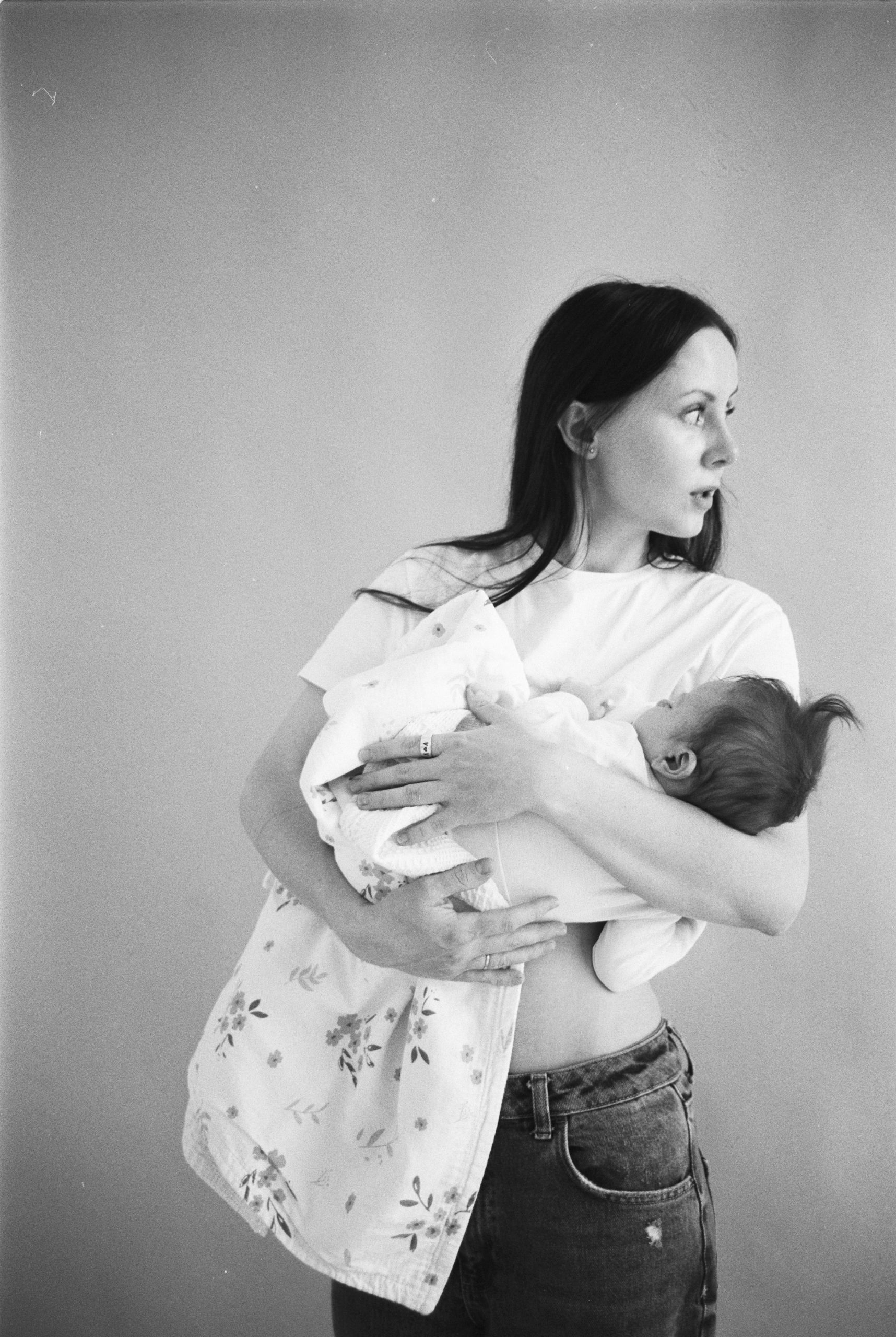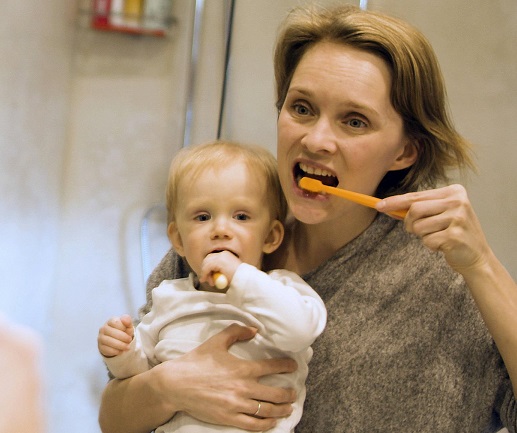Parenthood is one of life’s greatest journeys, but it can also be daunting — particularly for first-time parents. With all the advice, it can be easy to feel adrift. Fortunately, closer to home, science has a lot to say about baby care, helping parents feel more secure as we navigate through it. This guide digs into research-backed ways to make your baby healthy, happy, and growing.
Your Baby’s Needs and How to Meet Them
Babies are born with a number of basic needs which they must have satisfied in order to thrive. These include:
Nutrition
Breastfeeding has often been touted as the best source of nutrition for infants. WHO recommends exclusive breast-feeding for the first six months of life and continued breast-feeding with complementary foods up to the age of two years or beyond. Breast milk contains vital nutrients, antibodies, and enzymes that contribute to your baby’s immune system.
For parents who are unable to breast-feed, formula milk is a safe and nutritious substitution. Ask your pediatrician about what’s best for your baby’s needs.
Sleep
They require 14-17 hours for 24 hours a day, divided into short intervals. As babies grow, their sleep patterns shift with longer stretches at night. Establishing a set bedtime routine and sleep environment can encourage your baby to develop good sleep habits.
Comfort and Bonding
Skin-on-skin contact, cuddling and physical touch creates emotional security, it promotes attachment between parents and the child. Through crying, babies also communicate, which may also reflect hunger, pain, or need for attention. Meeting your baby’s needs quickly fosters trust and attachment.
Promoting Healthy Development
Cognitive Growth
Age-appropriate and interactive play is designed to develop their brain. Small things, like talking, singing and reading to your baby, can enhance their language development and cognitive skills. Provide safe toys for exploration and problem-solving.
Tummy time helps strengthen your baby’s neck, shoulders and core muscles. Begin with brief sessions several times a day, slowly extending the duration as your baby adjusts. Make sure your baby has lots of time and a safe place to move and explore.
Emotional and Social Growth
So, babies do best in a warm and welcoming surroundings. By consistently responding to their needs and showing that level of affection, they begin to form a feeling of security. As your child gets older, the ability to play with other children is key in developing these social skills.
Science-Backed Baby Care Tips
Immunizations: Immunizations are important for preventing serious illnesses in your baby. The Centers for Disease Control and Prevention recommends that you: Follow the immunization schedule your pediatrician recommends.
Care: Keep things clean to avoid infection. Wash your baby’s hands often, sterilize feeding supplies and maintain a clean home.
Safety: Take precautionary measures to child-proof your home and lessen dangers. Use safety gates, secure heavy furniture and keep small objects out of reach to avoid choking hazards.
Thermal continuously regulate: Infant will reacts to temperature changes Obtain temperature is too cold, if you sheath more or put the heat only scattered heat will become the flower in the wind. Dress them in layers and pay attention to room temperature so they’re comfortable.
Mind: Your well-being as a parent shapes how you care for your baby. Take care of yourself, reach for help when you need it, and talk with your partner or safe support system when you can.
Conclusion
There is an art and science to caring for a baby. This knowledge empowers parents to make informed decisions that promote the child’s growth, development, and well-being. Go with what you feel, be informed and just do the ride with faith and confidence.










